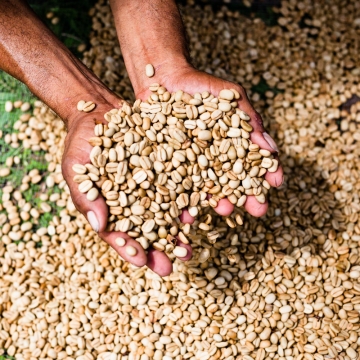Imported inputs and exporting in the Africa’s manufacturing sector
The purpose of this paper is to estimate both direct and indirect channels through which imported inputs spur exporting in the African manufacturing sector.
Design/methodology/approach
The authors estimated models for all exporters, direct exporters and indirect exporters using a probit model. The authors circumvented the endogeneity of imported inputs and productivity in the export status models by using their lagged values. The authors employed the World Bank Enterprise Survey data for a set of 26 African countries.

